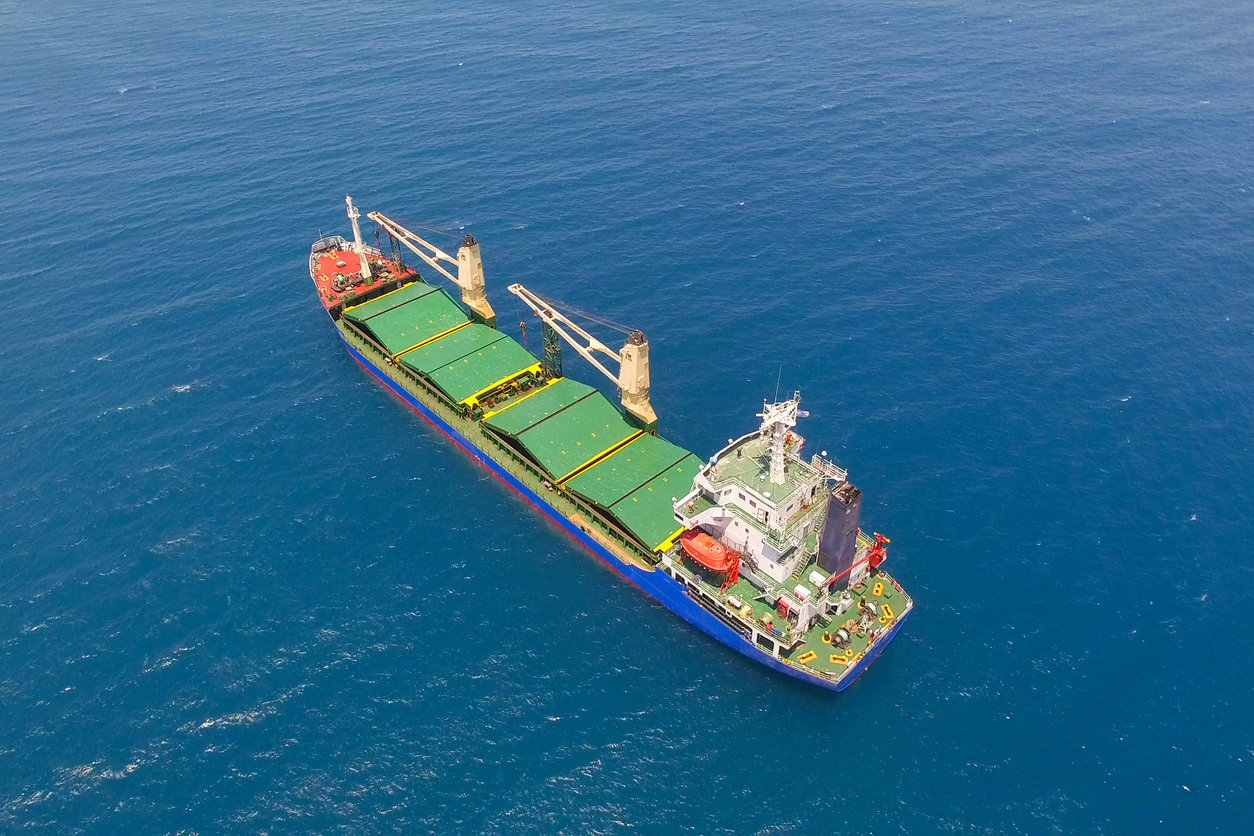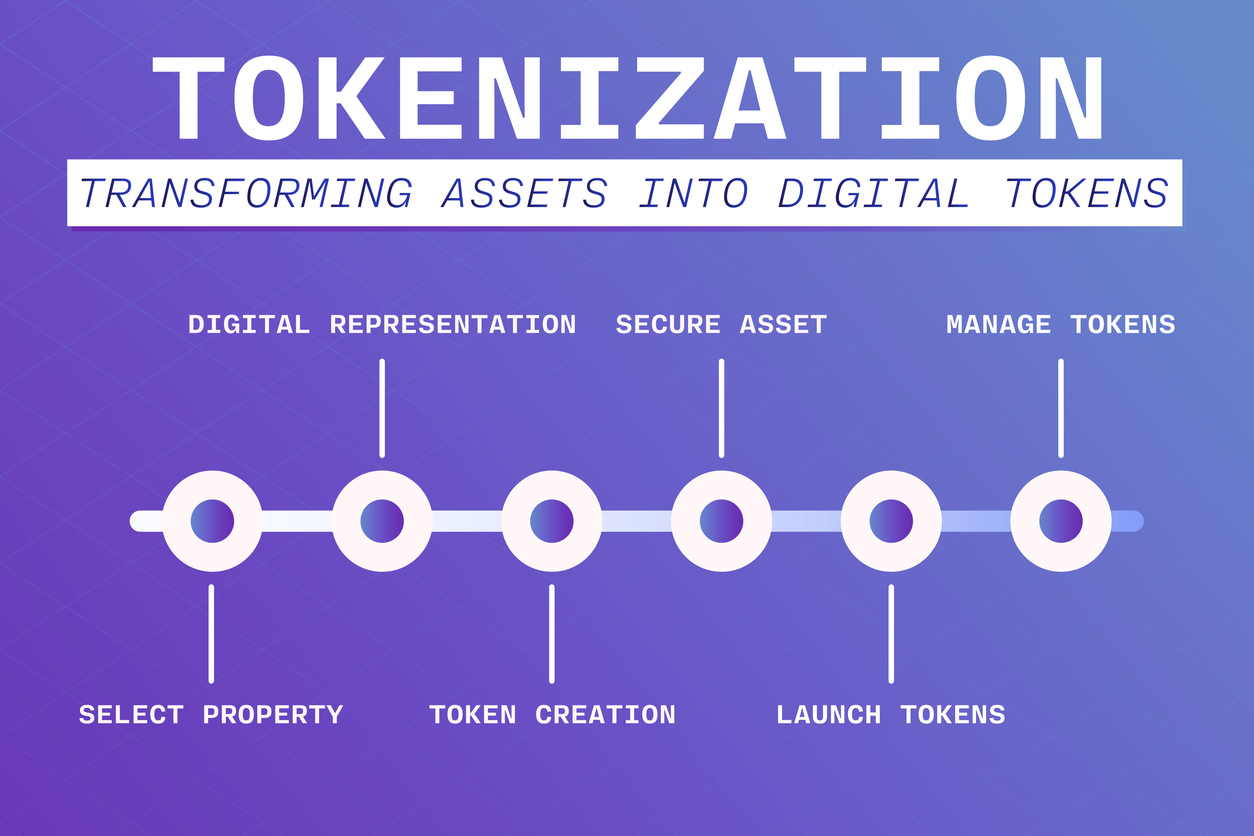Understanding Contract of Affreightment (COA) in Nigeria: A Key Tool for Shipping Efficiency
A Contract of Affreightment (COA) is an essential agreement in Nigeria’s shipping and logistics sector, particularly for businesses involved in transporting large volumes of goods. This type of contract is widely used in industries such as oil and gas, agriculture, and bulk commodities, where regular shipping services are required over a specified period.
In this article, we’ll delve into the meaning of COA, its applications in Nigeria, benefits, challenges, and how Wigmore Trading helps businesses navigate and leverage these contracts.
What is a Contract of Affreightment (COA)?
A Contract of Affreightment (COA) is a long-term agreement between a shipowner and a charterer to transport a specified quantity of goods over multiple voyages within a defined timeframe. Unlike a voyage charter, which covers a single shipment, a COA is flexible and accommodates multiple shipments, often spread out over months or years.
Key Features of a COA
- Flexibility: The charterer can schedule shipments as needed within the agreed period.
- Volume Commitment: The shipowner guarantees the transport of a specified volume of cargo.
- Cost Efficiency: Typically offers better rates than one-off shipping agreements.
Applications of COA in Nigeria
1. Oil and Gas Industry
- Crude Oil Exports: Nigeria relies on COAs to transport crude oil to international markets using large tankers.
- LNG Shipments: Liquefied natural gas (LNG) exporters use COAs for regular shipments to Asia and Europe.
2. Bulk Commodity Transport
- Agricultural Products: COAs are ideal for transporting bulk grains, sugar, and fertilizers, ensuring consistent supply to and from Nigeria.
- Industrial Goods: Commodities like cement, clinker, and coal are frequently shipped under COAs.
3. Long-Term Logistics Planning
Industries that require predictable and consistent logistics, such as manufacturing and construction, use COAs to secure reliable shipping services for raw materials and finished goods.
Benefits of Using COA in Nigeria
1. Cost Efficiency
COAs typically provide lower freight rates than one-off charters, reducing shipping costs for businesses.
2. Predictability
A COA guarantees cargo space over the duration of the contract, minimizing the risk of capacity shortages during peak periods.
3. Flexibility
The charterer can adjust shipment schedules and volumes within the agreed terms, accommodating changes in production or demand.
4. Risk Management
A COA protects against fluctuations in freight rates, providing financial stability for both parties.
Challenges of COA in Nigeria
1. Port Congestion
Delays at major Nigerian ports like Apapa and Tin Can Island can disrupt shipment schedules under a COA.
2. Regulatory Bottlenecks
Complex customs processes and evolving trade policies can hinder the smooth execution of COA terms.
3. Security Risks
Piracy and maritime crime in the Gulf of Guinea pose significant threats to vessels operating under COA agreements.
4. Contract Disputes
Issues such as delays, cargo quality, or deviations from agreed schedules can lead to disputes between shipowners and charterers.
How COAs Are Managed in Nigeria
1. Terms Negotiation
COAs are tailored to the specific needs of the charterer, with detailed terms covering:
- Cargo type and volume.
- Shipment schedules.
- Freight rates.
- Responsibilities for delays or disruptions.
2. Compliance with Nigerian Laws
Contracts must align with Nigeria’s shipping regulations and international maritime laws to ensure legal validity.
3. Risk Mitigation
Maritime insurance and security measures are critical for mitigating risks associated with piracy or cargo damage.
How Wigmore Trading Supports COA Shipping in Nigeria
Wigmore Trading offers comprehensive services to help businesses maximize the benefits of COAs while navigating the challenges of Nigeria’s shipping environment. Here’s how we assist:
1. Contract Negotiation
We help clients draft and negotiate COAs tailored to their shipping needs, ensuring favorable terms and compliance with Nigerian laws.
2. Logistics Coordination
Our team manages shipment schedules, port operations, and cargo handling to ensure timely delivery under COA agreements.
3. Risk Management
We provide guidance on maritime security and insurance to protect your cargo and operations.
4. Regulatory Compliance
Wigmore Trading ensures all documentation and procedures adhere to Nigeria’s trade and customs regulations, reducing the risk of delays or penalties.
5. End-to-End Support
From sourcing vessels to overseeing cargo delivery, we offer complete logistics solutions to simplify your shipping operations.
Conclusion
The Contract of Affreightment (COA) is a valuable tool for businesses in Nigeria that require consistent and efficient shipping services. By offering flexibility, cost efficiency, and risk mitigation, COAs are particularly beneficial for industries like oil and gas, agriculture, and manufacturing.
For businesses seeking expert support in managing COAs in Nigeria, Wigmore Trading provides tailored solutions to ensure smooth operations and maximize the benefits of these agreements. Contact us today to discuss your shipping needs.







Comments are closed.